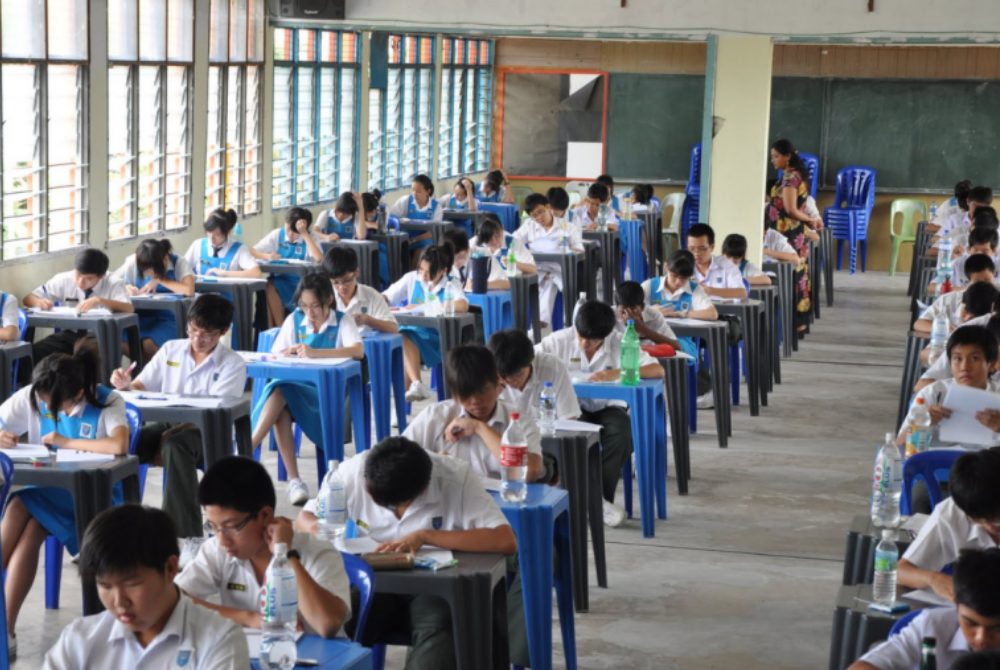Stop messing with national schools, education experts tell Putrajaya

SHAH ALAM - A social activist says it is crucial to keep schools free from political divisions and maintain autonomy, while promoting unity and diversity.
Parent Action Group for Education (PAGE) chairman Datin Noor Azimah Abdul Rahim said politicians must refrain from using race and religion as divisive tools.
She said people appreciate diversity and harmony but it's the politicians who often prioritise their own interests, affecting peace-loving Malaysians.
However, she argues that this mindset shouldn't infiltrate the education system through school implementers and various Education Ministry (MOE) departments.
Azimah said schools are now compelled to follow decisions from higher authorities unquestioningly.
"They have no choice but to obey orders or face consequences for exercising their autonomy in such matters.
"Worse, their overzealous methods, when used, can counteract the prescribed guidelines from higher-ups," she told Sinar Daily.
If left unchecked, this situation undermines unity and might create an unwelcoming atmosphere for those with differing mindsets.
The Melaka Action Group for Parents in Education chairman Mak Chee Kin points out that national schools are becoming increasingly Islamic.
This has led to enthusiastic teachers and administrators enforcing policies that discourage non-Malay students.
"For instance, canteens are closed during the fasting month, and even when open, it's challenging to eat properly," Mak said.
He adds that some classrooms even bear Islamic names.
Mak suggests that the MOE should conduct a survey to understand these sensitive issues directly.
Additionally, he notes that during Islamic lessons, others have Moral classes, which many students seem to waste time in.
He said the decline in demand for vernacular schools and how national schools once attracted Chinese and Indian families due to an emphasis on English education.
"I am perplexed because, on one hand, the government claims it wants to make national schools the preferred choice, yet, on the other hand, their actions are alienating non-Malay students.
"For instance, the Dual Language Programme, not offered in vernacular schools, attracted parents to choose national schools."
If even this advantage is removed, he fears more students will opt to leave national schools..










